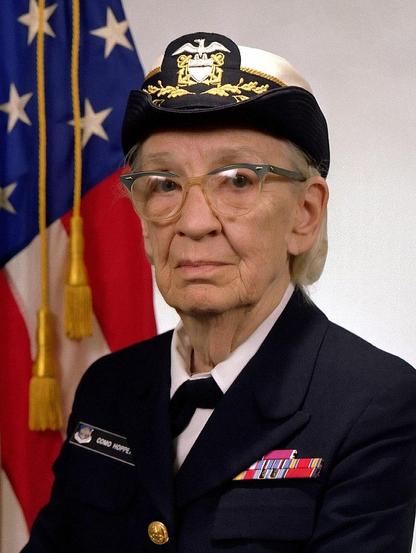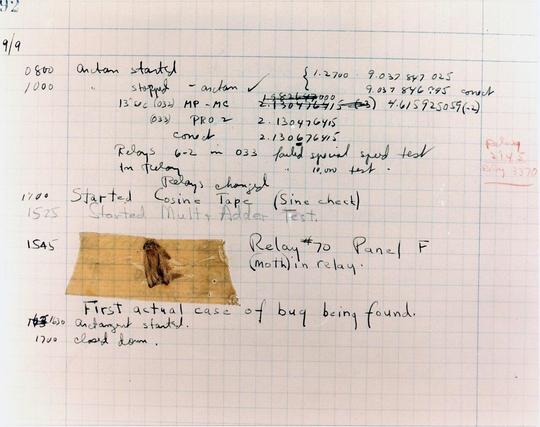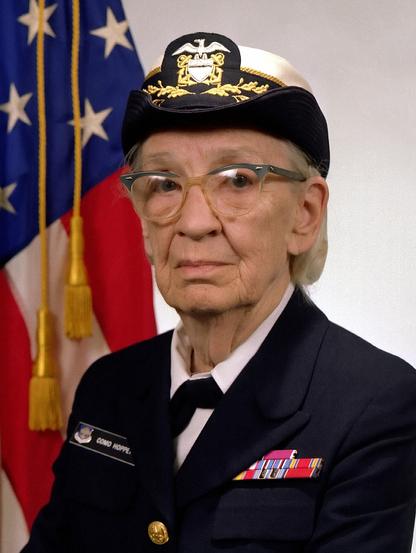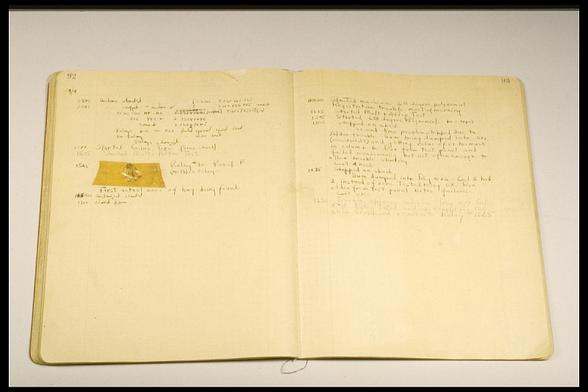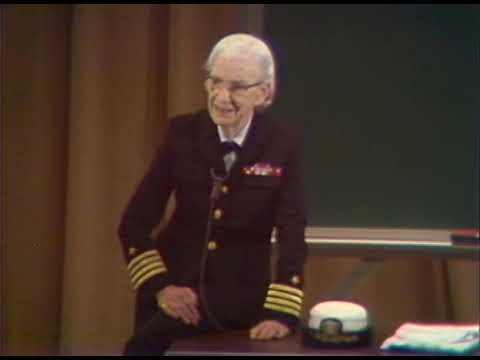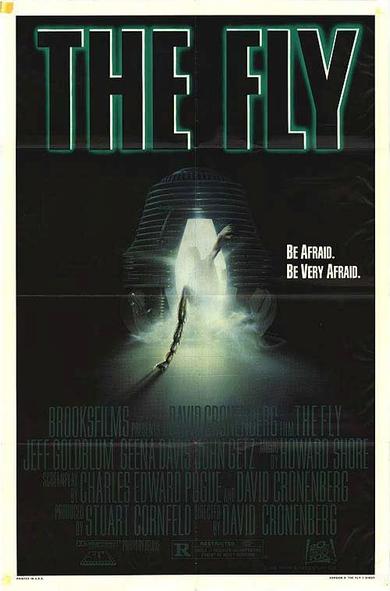Introducing WikiAsteroids, a classic arcade asteroids game powered by real-time #Wikipedia edits! ☄️
Each edit to an article on Wikipedia spawns an asteroid. The larger the edit, the larger the asteroid (and the more shots it takes to destroy). A newly created article spawns an extra life, while a newly registered user spawns a powerup.




